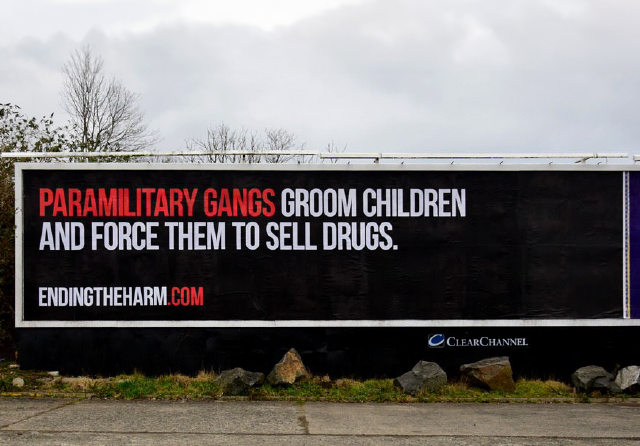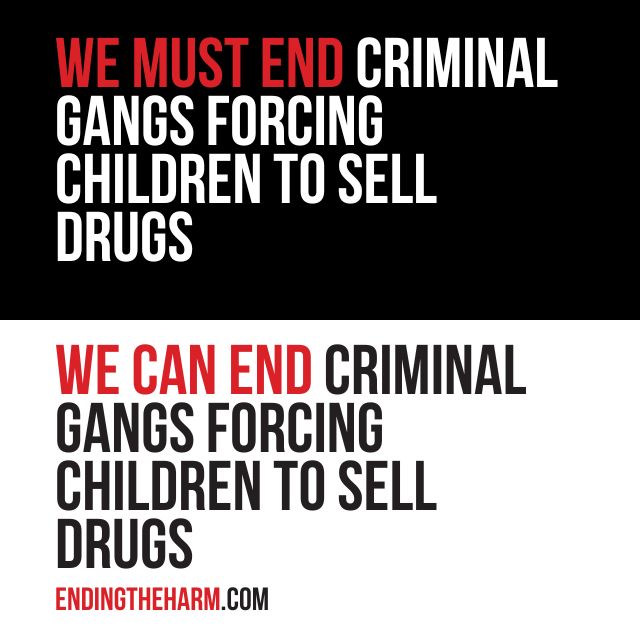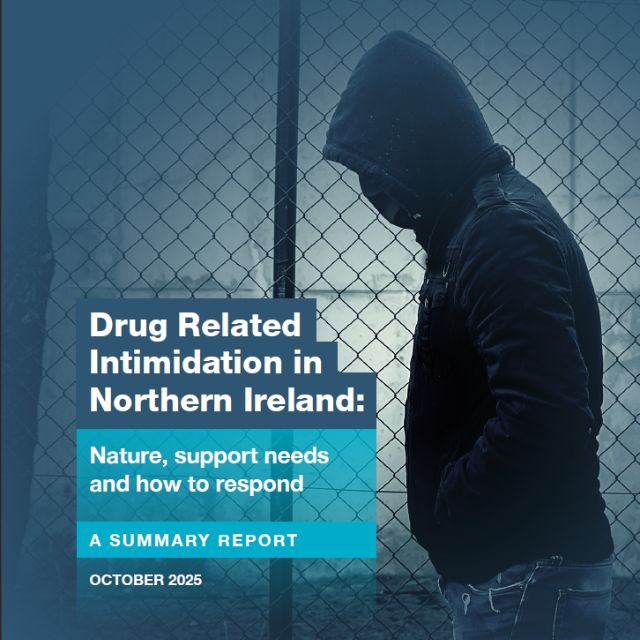
Between October 2024 and October 2025, the Ending the Harm campaign was displayed widely across Northern Ireland, ensuring strong visibility in both urban centres and smaller towns.
This extensive out‑of‑home activity helped raise awareness of the harm caused by paramilitary and criminal exploitation and reinforced the message that these behaviours have no place in our communities.
A total of 918 posters were placed across Northern Ireland, reflecting a country‑wide rollout. You can explore the full list of poster locations and panel counts in the table below.
Out of Home poster locations for ETH campaign October 2024- October 2025
TOWN | Total Panel Count | |
Ahoghill | 3 | |
Antrim | 16 | |
Ardglass | 3 | |
Armagh | 14 | |
Ballyclare | 1 | |
Ballymena | 14 | |
Ballymoney | 2 | |
Ballynahinch | 4 | |
Banbridge | 7 | |
Bangor | 22 | |
Belfast | 432 | |
Bellaghy | 1 | |
Bushmills | 3 | |
Carrickfergus | 20 | |
Carrickfergus | 1 | |
Carryduff | 1 | |
Castledawson | 2 | |
Castlereagh | 10 | |
Claudy | 4 | |
Coleraine | 30 | |
Comber | 8 | |
Cookstown | 7 | |
Craigavon | 12 | |
Crumlin | 3 | |
Cullybackey | 4 | |
Derry | 20 | |
Doagh | 1 | |
Donaghadee | 1 | |
Downpatrick | 1 | |
Dundonald | 1 | |
Dungannon | 14 | |
Dungiven | 4 | |
Enniskillen | 9 | |
Feeny | 3 | |
Fivemiletown | 2 | |
Glengormley | 2 |
|
Greenisland | 2 |
|
Holywood | 2 |
|
Kilkeel | 1 |
|
Larne | 19 |
|
Limavady | 3 |
|
Lisbellaw | 1 |
|
Lisburn | 20 |
|
Derry/ Londonderry | 23 |
|
Lurgan | 8 |
|
Maghera | 5 |
|
Magherafelt | 8 |
|
Magheralave | 2 |
|
Millisle | 1 |
|
Newcastle | 5 |
|
Newry | 25 |
|
Newtownabbey | 16 |
|
Newtownards | 27 |
|
Newtownstewart | 3 |
|
Omagh | 8 |
|
Portadown | 9 |
|
Portstewart | 1 |
|
Saintfield | 3 |
|
Sion Mills | 1 |
|
Strabane | 27 |
|
Tandragee | 1 |
|
Templepatrick | 2 |
|
Toomebridge | 4 |
|
Waringstown | 5 |
|
Warrenpoint | 4 |
|
TOTAL | 918 |
|
Note: The table reports static out‑of‑home poster placements only. It does not include the posters displayed on buses, which contributed to a broader geographical distribution of campaign messaging across Northern Ireland.



